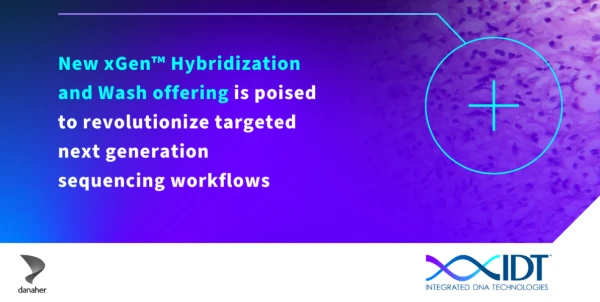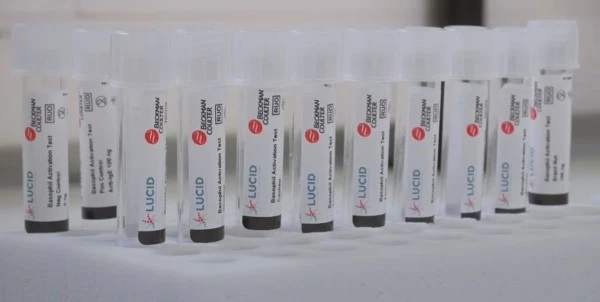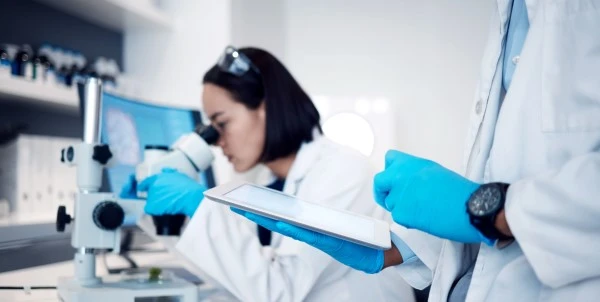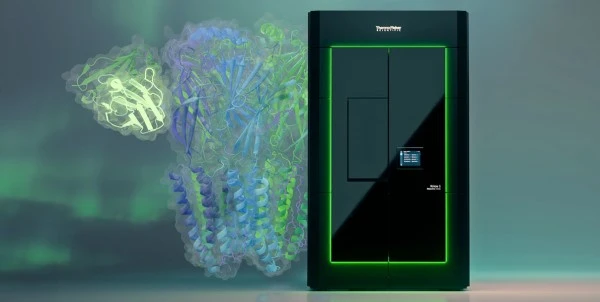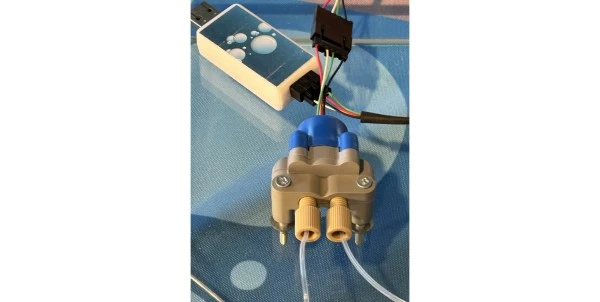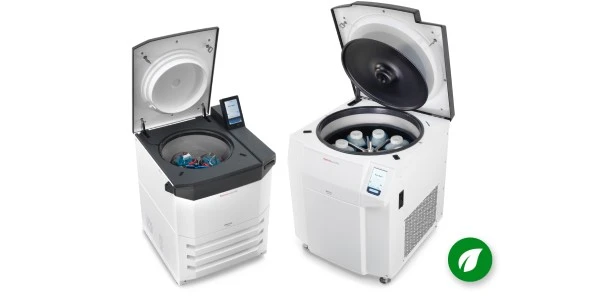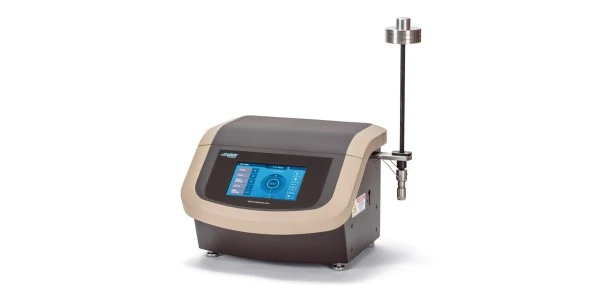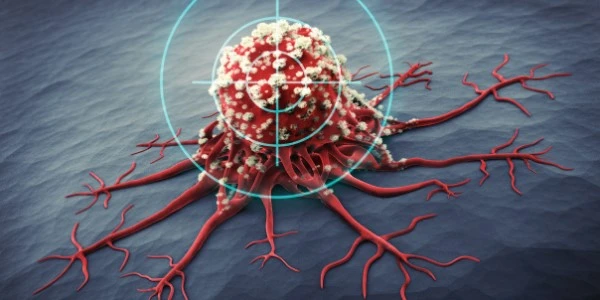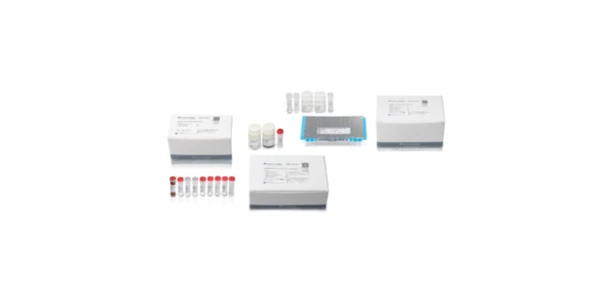The First FDA-cleared Vitamin D Assay Kit for Mass Spectrometry
At this year's ASMS meeting, SCIEX shared a host of new developments including an exciting achievement in the clinical diagnostics field -- The first FDA-cleared Vitamin D assay kit for mass spectrometry.
Although many hospitals and medical centers have generated Lab Developed Tests (LTDs) for biologically important compounds such as Vitamin D, there have been no FDA-approved MS-based assays to date. SCIEX just announced a FDA-cleared In Vitro Diagnostic (IVD) test for clinical diagnostic use – the first and only MS-based test of it’s kind.
The LC-MS based Vitamin D assay kit (Vitamin D 200M Assay) is built upon the SCIEX Topaz system, a fully integrated LC-MS platform driven by the new ClearCore MD software specifically for use in clinical labs. Vitamin D is one of the five top laboratory tests reimbursed by Medicare.
Immunoassay based tests are the existing clinical standard, however, the CDC has acknowledged LC-MS as the gold-standard method for Vitamin D testing performance, offering greater specificity and less cross-reactivity over immunoassay methods.
Through the CDC Vitamin D Standardization-Certification Program (VDSCP), the SCIEX Topaz Vitamin D 200M Assay Kit has met program testing criteria with success, thereby opening the door to this new paradigm in clinical laboratory medicine.
The Topaz system can identify and quantitate not only the Vitamin D2 and D3 isomers, but can also differentiate D3 epimers (stereoisomer pair), providing specificity to deliver high fidelity diagnostic results. The IVD test is performed using human serum and is intended to be used in concert with other clinical or laboratory data to assist physicians with patient diagnosis and assessment of Vitamin D sufficiency.
One of the challenges in gaining a MS presence in the clinical chemistry laboratory is the complexity of the instruments in terms of method optimization, validation, calibration, and general operation. The Vitamin D 200M Assay and the Topaz System is an easy to learn solution for every day lab operation.
The effect will be to empower clinical chemistry labs in providing greater Vitamin D testing services, while also expanding the reach of Vitamin D testing to a growing number of hospitals and clinics.
This assay may very well pave the way for entry of mass spec into the IVD clinical diagnostics arena
SCIEX also announced that the SWATH data analysis platform has been expanded to include high content quantitation of compounds for: Forensic Analysis, Food Science, Pesticide Analysis, and Drug Testing.
This is a significant development for the software platform, which had previously focused on peptide and protein quantitation in proteomics applications.
SWATH data independent acquisition has been valuable in allowing the simultaneous and comprehensive identification and quantitation of very high numbers of sample compounds in a single MS/MS(n) analysis. The technology allows for the creation of a digital record of quantitative MS/MS(n) data for the entire sample and experimental cohort.
Results have been most prominent in industrialized proteomics and personalized medicine, where high data acquisition rates on large sample cohorts have been possible, owing in large part to seamless coupling with SCIEX TripleTOF MS instrumentation. In fact, the SCIEX TripleTOF has been the only MS suited to capture SWATH data until this point.
Now with the release of the SCIEX 500 series QTOF instruments, with similar acquisition rates and ultra high resolution detection, SWATH can be used in highly complex analyses such as food and water testing, where a large number of compounds may be present over a wide dynamic range.
Food testing laboratories may have the enhanced ability to detect pesticide residues in baby food, which are required to be below 10 ug/kg. Whereas, laboratories investigating water quality may find increased utility in detecting a wider number of contaminating substances present in the low ng/L range. The power of Forensic Analysis may be further strengthened by the robust detection and quantitation of drugs and medications in blood.
These are just a few of the potential applications for the new SWATH 500 QTOF platform
